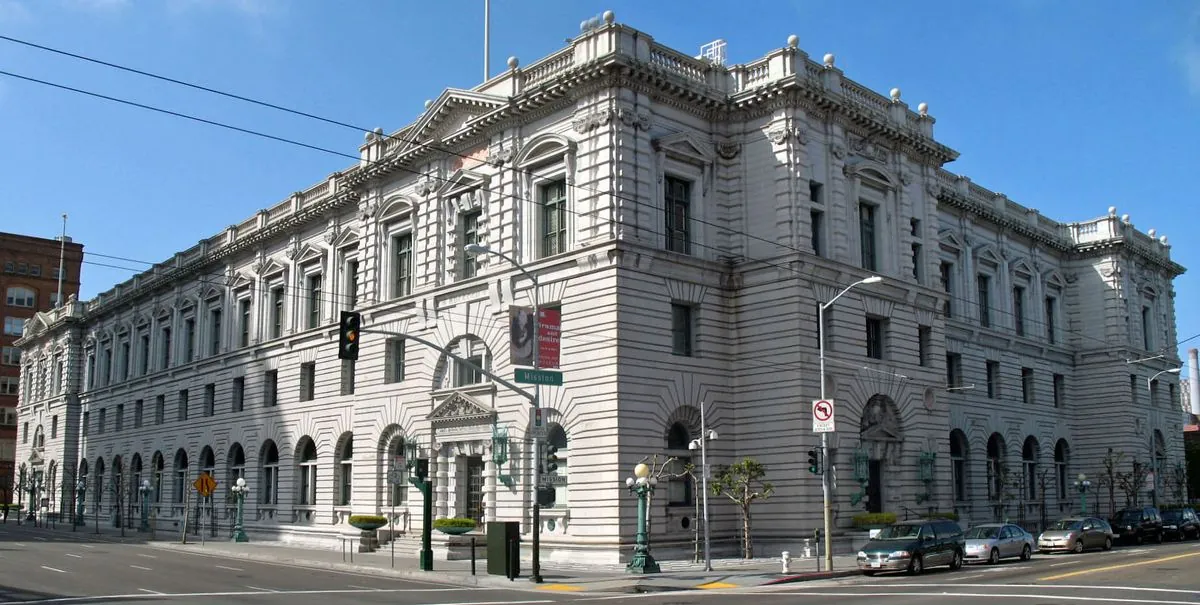In a significant legal development, a federal appeals court has largely upheld a previous ruling that blocks key provisions of California's child online safety law. This decision, issued on 2024-08-11, marks another setback for state officials aiming to address concerns about digital platforms' potential risks to children.
The U.S. Court of Appeals for the 9th Circuit in San Francisco focused on a central aspect of the California Age-Appropriate Design Code Act, passed in 2022. The court determined that requiring tech companies to assess potential harm to children before launching products likely violates the First Amendment. This requirement, according to the judges, compels speech by forcing companies to express opinions on content that could be harmful to minors.
The ruling stems from a challenge by NetChoice, a trade association representing major tech firms such as Amazon, Meta, and Google. The group argued that the law was "a speech regulation masquerading as a privacy law." This perspective resonated with the three-judge panel during oral arguments held in July 2024.
While the court blocked the law's "impact assessments," it did not entirely dismiss the legislation. Some privacy-focused provisions, including requirements for companies to estimate users' ages and offer stringent privacy settings for children by default, were not enjoined. The court remanded these issues to lower courts for further consideration.
This decision is part of a broader trend of legal challenges to state-level efforts aimed at protecting children online. NetChoice has successfully secured injunctions against similar laws in other states, including Mississippi's age verification requirement for digital platforms.
The ongoing legal battles reflect the complex balance between child safety and constitutional rights. The First Amendment's protection of free speech, a cornerstone of U.S. democracy, has become a significant factor in these cases. Courts are applying strict scrutiny, a rigorous form of judicial review, to laws that potentially infringe on free expression.
"The law is about protecting children's data, not limiting free speech."
Despite these setbacks at the state level, efforts to enhance online child safety continue at the federal level. In July 2024, the U.S. Senate passed the Kids Online Safety Act with overwhelming support. However, the bill's future in the House of Representatives remains uncertain, highlighting the challenges in crafting legislation that balances child protection with other constitutional and practical concerns.
The tech industry's response to these legal developments has been mixed. Chris Marchese of NetChoice hailed the ruling as "a victory for free expression, online security and Californian families." Conversely, advocacy groups like the Tech Justice Law Project expressed frustration at the delay in implementing protections for California's youth.
As the debate over online child safety evolves, it continues to intersect with broader discussions about digital privacy, free speech, and the role of technology in society. The outcome of these legal and legislative efforts will likely shape the future of internet regulation and the responsibilities of tech companies towards their youngest users.
